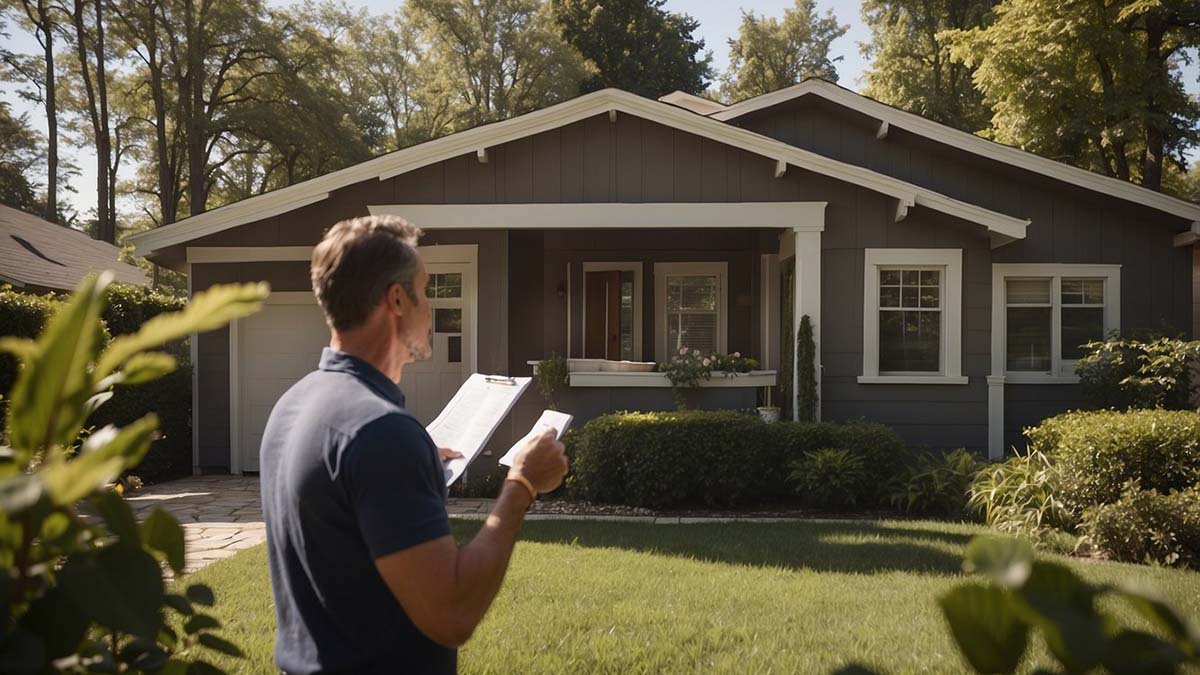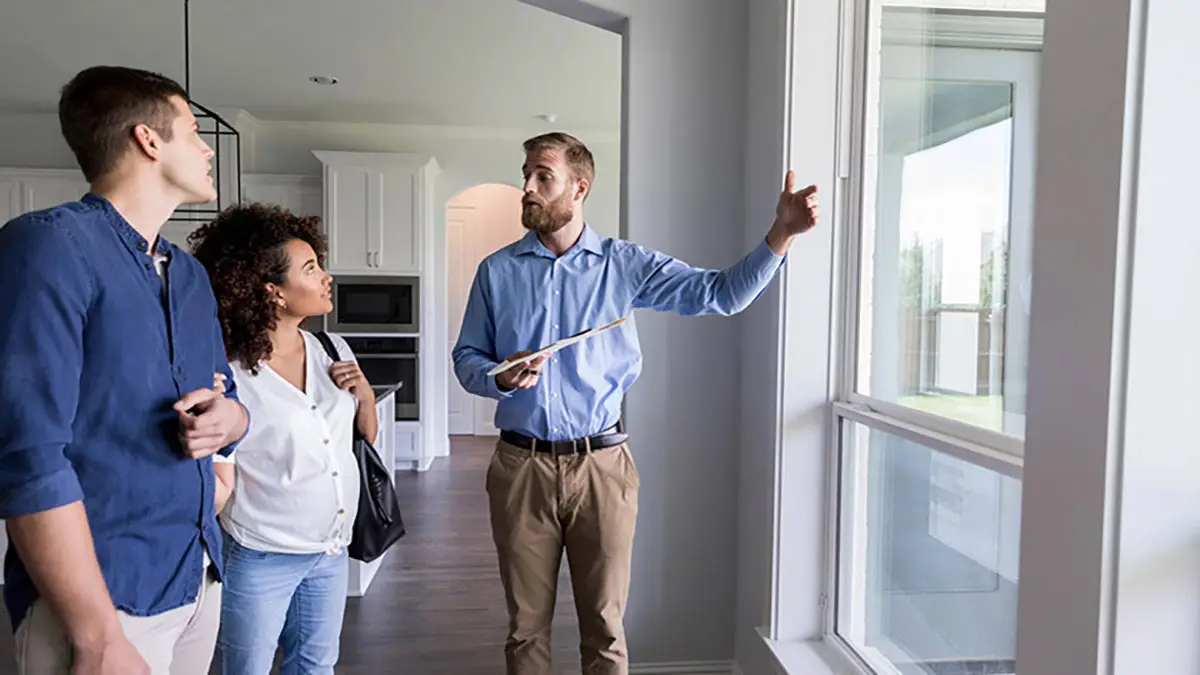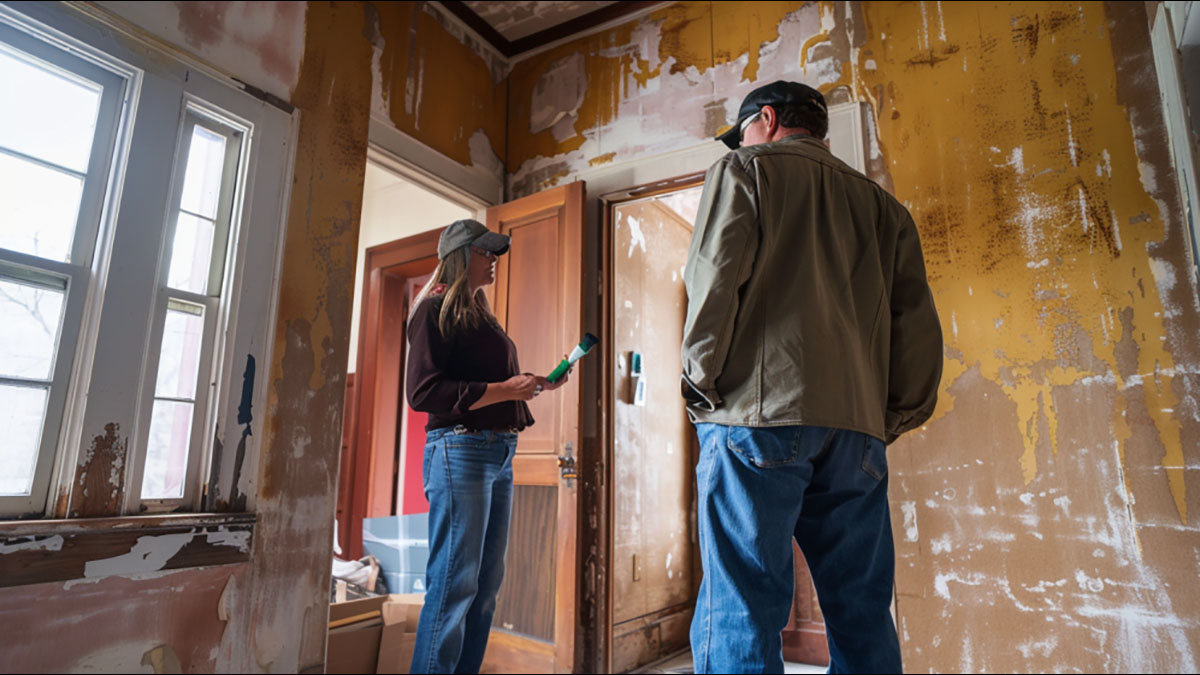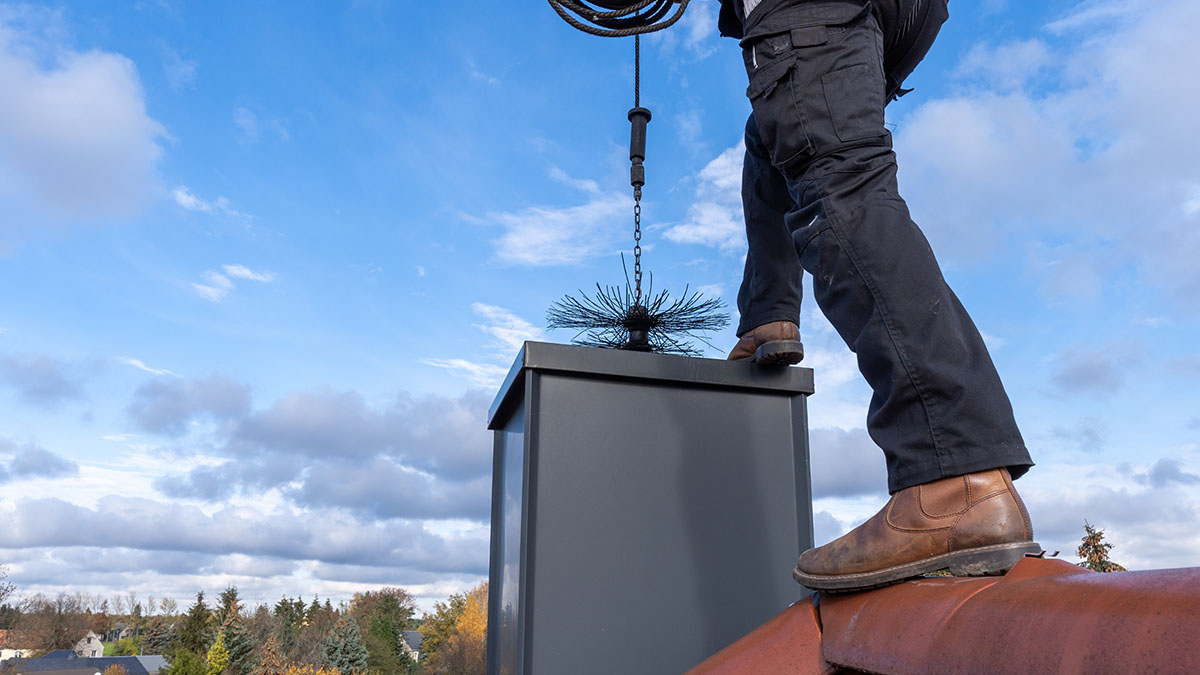Key Takeaways:
- Home inspection reports are private documents not part of the public record.
- Home inspection reports are private, owned by the person who commissioned the inspection, and confidential between them and the home inspector.
- The report’s owner can share it, but there’s no obligation to disclose it to sellers or future buyers unless desired.
- Home inspectors must adhere to ethical and legal standards restricting report disclosure without client consent, except for specific safety or health hazard situations.
Home inspections are not public records. They are private documents paid for and owned by the individual or entity that commissioned the inspection. The results of a home inspection are typically considered confidential between the home inspector and their client, who is usually the potential buyer of the property.
The home inspection report belongs to the person who paid for it, and it is up to them to decide whether to share it with others.
For example, if a potential buyer commissions a home inspection and then decides not to purchase the property based on the findings, they are not obligated to share the report with the seller or any future potential buyers.
Sometimes, if a seller is aware of a previous inspection, they may disclose the information to future buyers. Still, they are not legally required to provide a copy of the inspection report. However, sellers are generally required to disclose known issues with the property.
In Texas, for instance, while the seller must disclose all knowledge of the property’s condition, there is no specific requirement to include copies of recent inspection reports as part of the seller’s disclosure.
Similarly, a broker or seller who receives an inspection report is charged with knowledge of the information in the report and is obliged to disclose those defects to subsequent potential buyers. Still, they are not required to share the report.
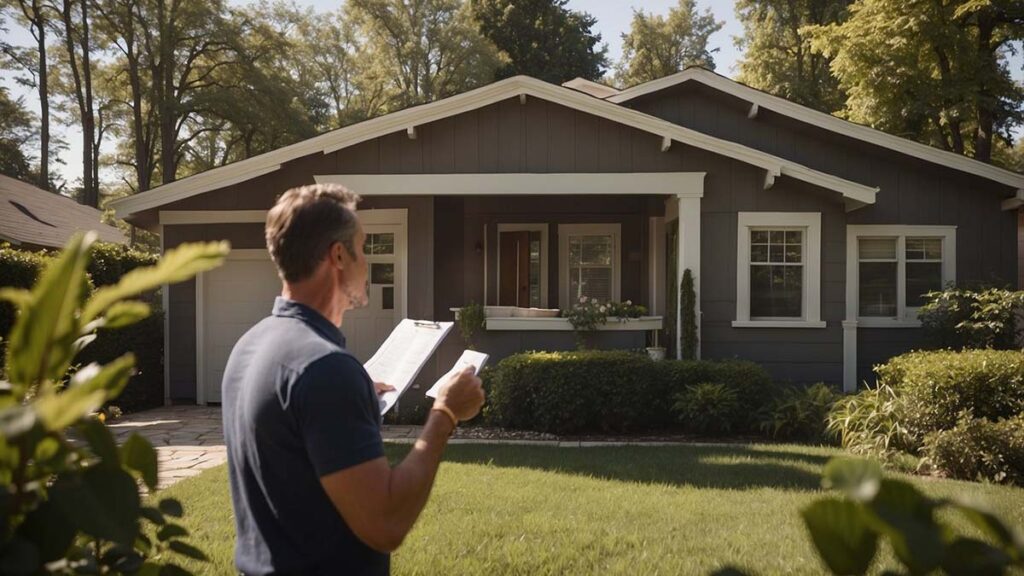
Can a Third Party Obtain a Home Inspection Report
A third party cannot typically obtain a home inspection report without the consent of the person who commissioned and paid for the inspection. Home inspection reports are private documents owned by the individual or entity that paid for the inspection.
The results of a home inspection are usually confidential between the home inspector and their client, who is often the potential buyer of the property. Often, sellers get a copy of the home inspection, but only if the buyer requests repairs.
The person who paid for the inspection can decide whether to share it with others. For example, if a potential buyer commissions a home inspection and decides not to purchase the property based on the findings, they are not obligated to share the report with the seller or any future potential buyers.
Sometimes, sellers aware of a previous inspection may disclose the information to future buyers. Still, they are not legally required to provide a copy of the inspection report. However, sellers are generally required to disclose known issues with the property.
Therefore, a third party cannot obtain the report unless the individual who paid for the home inspection report agrees to share it.
Confidentiality Policy for Home Inspection Reports
Home inspection reports are subject to confidentiality policies that protect the privacy of the client who commissioned the inspection. Here are the key points regarding the confidentiality of home inspection reports:
- Confidentiality Between Inspector and Client: Home inspectors are bound by ethics and regulations to keep the information in the inspection report confidential. They are not allowed to disclose any information from the report without the client’s approval or as required by law. This ensures integrity and a high standard of skill and practice in the home inspection profession.
- Ownership of the Report: The home inspection report is the property of the person who paid for it. This means that the report belongs to the client, typically the potential buyer, and they have the right to decide whether to share it with others, such as the seller or future potential buyers. The buyer is not obligated to provide the seller with a copy of the inspection report unless they choose to do so.
- Disclosure of Safety Hazards: While the report is confidential, an exception allows home inspectors to disclose observed safety or health hazards to occupants or others exposed to such safety hazards. This is done in the interest of public safety and does not extend to sharing the full report.
Consequences of Violating Home Inspection Report Confidentiality
Violating the confidentiality policy for home inspection reports can have several consequences, which may include:
- Legal Action: If a home inspector discloses information from a home inspection report without the client’s consent, they may face legal action from the client for breach of contract or confidentiality.
- Loss of License: Home inspectors are often licensed professionals who cannot disclose a report that could lead to disciplinary action by the licensing authority, including the revocation of their license.
- Ethical and Professional Repercussions: Home inspectors are bound by codes of ethics from the American Society of Home Inspectors (ASHI) or the International Association of Certified Home Inspectors (InterNACHI). Violating these ethical standards can result in expulsion from these organizations and damage the inspector’s professional reputation.
It’s important to note that there are exceptions to the confidentiality rule, such as the duty to warn about immediate hazards that could cause physical injury. In such cases, inspectors may disclose hazards to prevent harm, even without the client’s consent.
Understanding Home Inspections
When involved in a real estate transaction, a home inspection can provide peace of mind by revealing the property’s condition. Understanding the purpose, process, and what you can expect from a home inspection is essential.
Purpose and Scope of Home Inspections
A home inspection’s primary purpose is to evaluate a home’s overall condition before you proceed with a purchase.
A thorough home inspection covers numerous components, including the structure, exterior, roofing system, plumbing, electrical, heating, air conditioning, interior, insulation, and ventilation.
Expect the inspection to identify deficiencies that might require significant repair or affect the home’s safety.
Roles and Responsibilities
During a home inspection, the professional home inspector plays a pivotal role. They should be unbiased and operate according to the standards of practice established by regulatory bodies.
They are responsible for conducting a comprehensive assessment and compiling the findings into a home inspection report. As the prospective buyer or current homeowner, your responsibility is to ensure you hire a reputable inspector and understand the scope of the inspection.
Inspection Standards of Practice
Standards of practice define what a home inspector must examine and report on. These standards ensure the inspection is conducted uniformly and covers all necessary aspects to provide the best possible home inspection.
They highlight what is and isn’t included, such as defects in a random sampling of windows and doors for functionality, but exclude aesthetic concerns or code compliance.
What to Expect During a Home Inspection
Before an inspector visits, know they will require access to every part of the house, from the roof to the basement. A standard inspection might take a few hours, but it is advantageous for you to be present.
You’ll witness first-hand any issues and have the opportunity to ask questions. After the inspection, you will receive a detailed home inspection report, which documents the home’s condition and any potential or existing issues.
Legal and Privacy Aspects
In navigating the terrain of home inspections, it’s crucial to understand what documentation is public record and the confidentiality tied to inspection outcomes. Your right to privacy and the necessity of disclosure play a pivotal role in real estate transactions.
Are Home Inspection Reports Public Records
Home inspection reports are generally regarded as confidential documents. Unlike permit records and property disclosure statements that are typically public, home inspection reports are private and meant solely for the parties involved in the real estate transaction.
More often than not, the buyer procures these reports or the seller, and their content remains within the contractual boundaries of those parties.
Confidentiality of Inspection Findings
The findings of a home inspection are considered confidential information. Your home inspection report details matters between you, the seller, and your real estate agent.
These reports highlight potential issues that may not be visible to the untrained eye, and their confidential nature ensures that negotiation between buyer and seller is based on mutual understanding and trust.
Disclosure Requirements
As for disclosure requirements, most jurisdictions mandate that sellers provide certain information to potential buyers. This typically includes known defects that could affect the property’s value or safety.
However, the seller’s property disclosure doesn’t necessarily have a detailed analysis in a home inspection report. Your real estate agent can offer comprehensive guidance on what must be disclosed according to local laws.
Frequently Asked Questions
How can one obtain a copy of a home inspection report?
To obtain a copy of a home inspection report, you typically must be the individual who commissioned the inspection or have explicit permission from them, as these reports are not public records.
Is the confidentiality of home inspection reports maintained by law?
The confidentiality of home inspection reports is maintained by law in many jurisdictions, meaning they are not available to the public without consent from the homeowner or the person who ordered the inspection.
Who can access an inspection report when initiated by a buyer?
When a buyer initiates a home inspection, that buyer holds the right to access the report. They may disclose the findings to other parties, but there’s no legal obligation to do so without a court order or agreed stipulations in the purchase contract.
What are the legal requirements for a seller to disclose past home inspections in California?
In California, sellers are legally required to disclose any known material defects to prospective buyers, which may include information derived from past home inspections. For a comprehensive understanding of these requirements, reference the selective allocation of code violations.
Is the buyer obligated to share the inspection report with the seller?
A buyer is not legally obligated to share the home inspection report with the seller unless contractually agreed upon or mandated by state laws. However, it can be in the buyer’s interest to share specific findings to negotiate repairs or price adjustments.
What actions should a buyer’s agent take after receiving the home inspection report?
After receiving the home inspection report, a buyer’s agent should review the findings with their client and discuss any concerns or negotiation points. Follow-up actions may include requesting repairs, asking for concessions, or, in some cases, reevaluating the property’s purchase.


